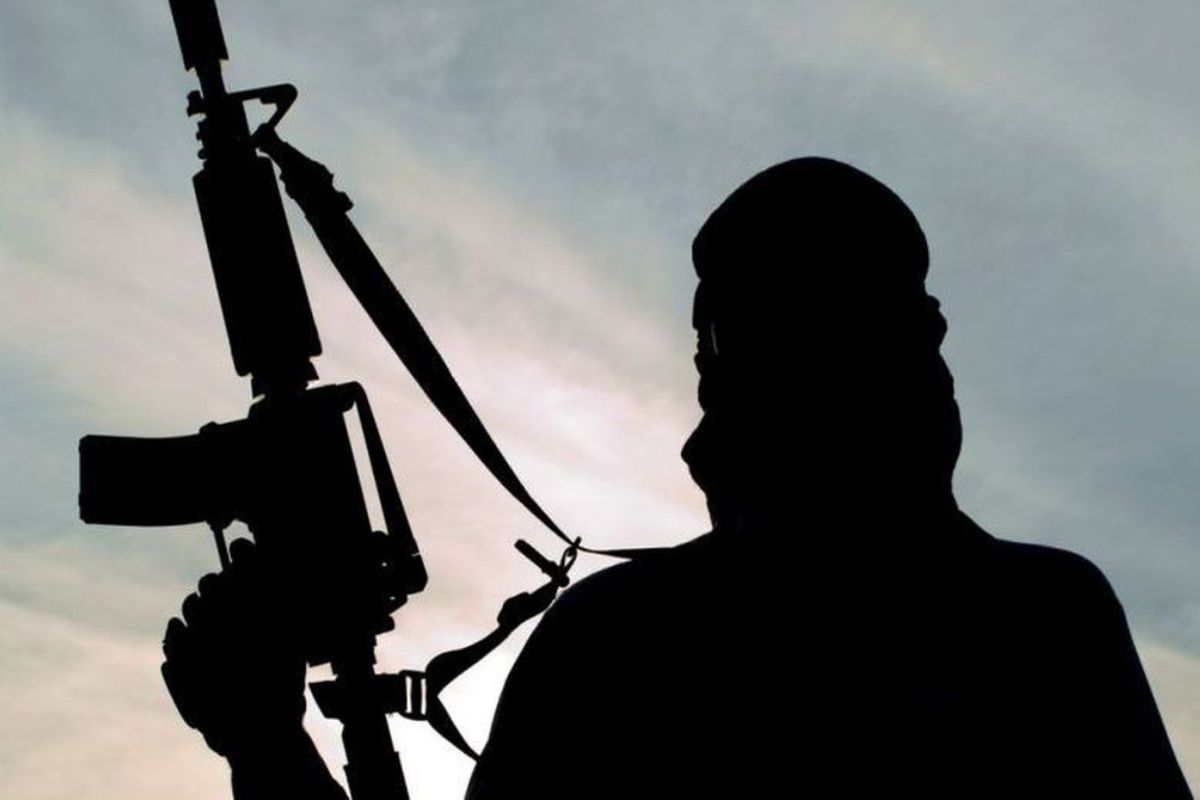Red Carpet
In the realm of global economics, China has long been the magnetic epicentre, drawing in foreign investors with promises of boundless opportunities and unprecedented growth.
But Europe is no stranger to violence of this nature, having seen repeated attacks over the past several years. Possibly, the worst such outrage had occurred in Paris in 2015 when gunmen killed 130 people

Representational image (Photo: Getty Images)
The churning in Europe following the attacks in France and Austria continues, as officials in these two countries, and in Germany, Switzerland and Sweden prepare for possible violent reactions. They will have to introspect on what their police forces must do to avoid other such incidents.
Certainly, the apparent apathy that Vienna’s antiterror chief showed to a clear threat could prove catastrophic. Austrian authorities have announced that the chief of their anti-terror unit has been suspended for having failed to monitor gunman Kujtim Fejzulai, despite his having been part of a deradicalization programme after release from prison.
It now emerges that Germany had warned Vienna of Fejzulai’s contacts with those on its terrorism radar while authorities in Slovakia had informed that the gunman had tried to buy ammunition in that country earlier this year. But all these warnings were apparently ignored, culminating in the horrific attack last Monday. Austria has since admitted that these inputs should have led to a different threat assessment and had that happened, there would have been a “different outcome.”
Advertisement
It has meanwhile ordered the closure of two mosques ~ one of them unregistered ~ in Vienna where it suspects the gunman, who had been jailed last year for attempting to join ISIS, had been further radicalised. Authorities in other European countries too have reacted to the events. Germany’s federal police has conducted searches on homes of men known to have associated with Fejzulai. Switzerland has announced arrests of two men who it believes had links with the attacker. Sweden has placed its police force on high alert following the attack.
But Europe is no stranger to violence of this nature, having seen repeated attacks over the past several years. Possibly, the worst such outrage had occurred in Paris in 2015 when gunmen killed 130 people. The following year, a gunman drove a truck through Bastille Day revellers in Nice, killing 86. In 2017, there were attacks in Manchester and London in the United Kingdom and in Barcelona and Cambrils in Spain. Between them, they claimed nearly 50 lives and injuries to nearly 200 people.
The central theme underlying the various attacks in Europe is what Austrian Chancellor Sebastian Kurz has called “hatred for our way of life, our democracy.” He went on to say this week the battle was not between Christianity and Islam, but “between civilisation and barbarism”. Similar statements have been issued by different European leaders, including by French President Emmanuel Macron, after the beheading of a schoolteacher.
But while Europeans may like to see the conflict as one between libertarianism and dogma-bound fundamentalism, clearly this alone cannot explain the deep schism in society. When the Europeans gave up on multiculturalism, respect for the diverse cultures of their citizens, they widened the cleavage. Instead of viewing liberty as a right to cause offence, Europe must introspect on better ways to manage its diversities. The “barbarians” aren’t going away.
Advertisement